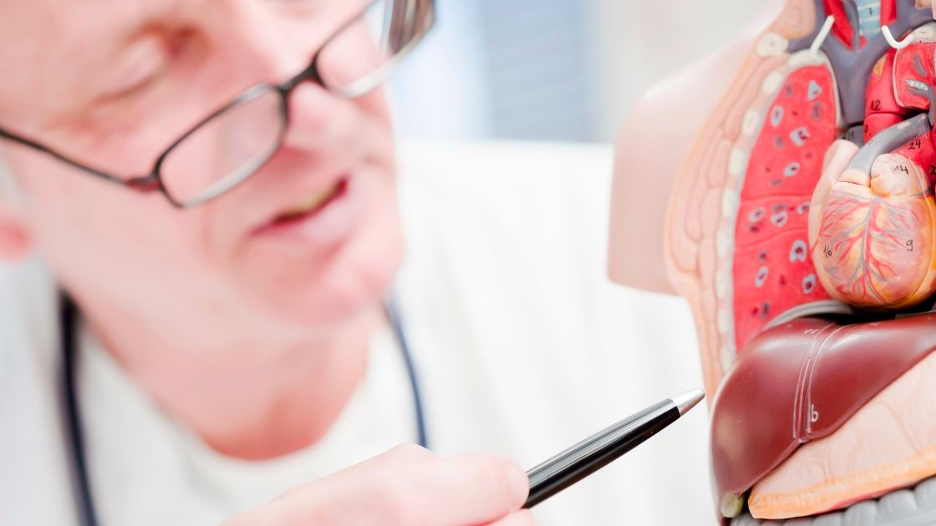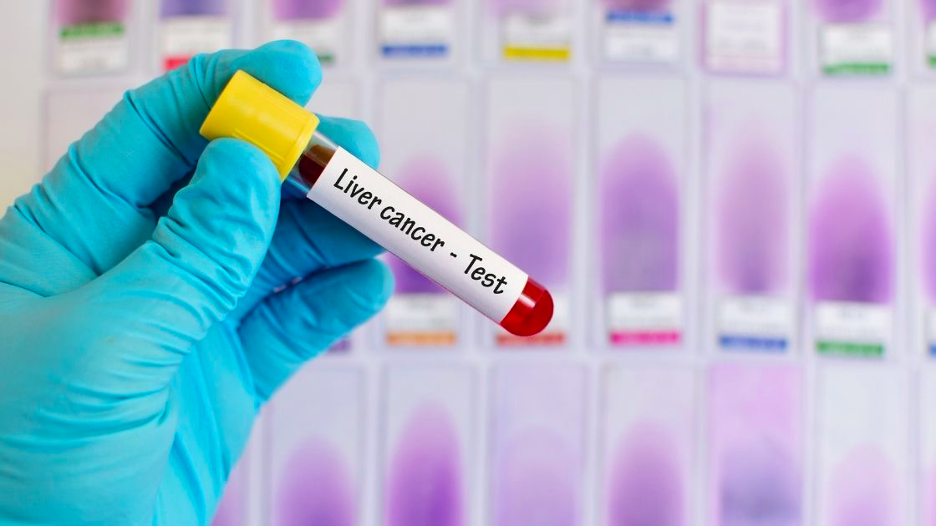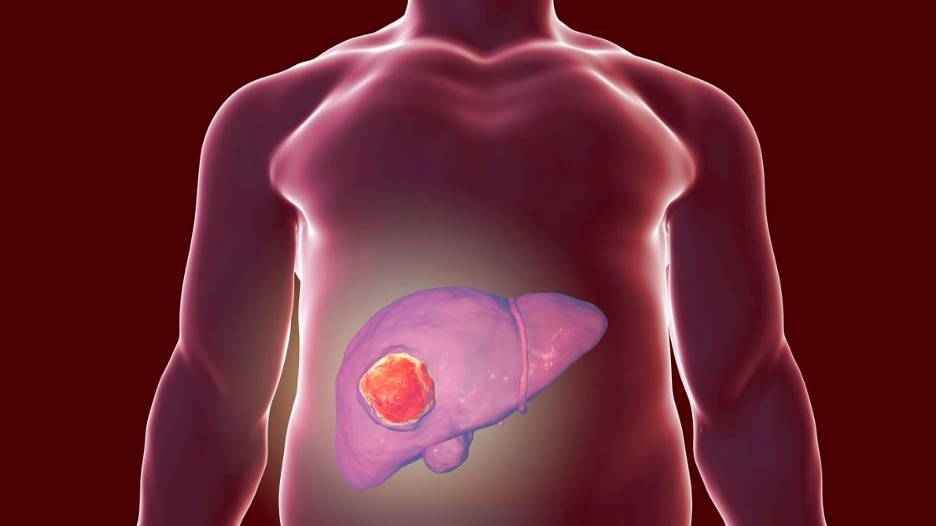How Common is Liver Cancer?
According to the American Cancer Society, about 42,810 new cases will be diagnosed and about 30,160 people will die of liver cancer in 2020. These numbers have nearly tripled since studies from the 1980s. Even though liver cancer is more common in other, less developed countries, it is still the leading cause of death by cancer in the world. Primary liver cancer is less common than secondary liver cancer meaning that the cancer usually spreads from somewhere else in your body and then slowly affects the liver. However, both primary and secondary liver cancer cases continue to increase worldwide.
Understanding Liver Cancer Causes and Hereditary Issues
There are quite a few liver cancer risk factors. Unfortunately, liver cancer is often difficult to diagnose in its early stages because people often don’t exhibit physical symptoms. However, physical exams can sometimes be used to diagnose liver tumors since they reside near the rib cage. If the liver tumor is large enough, a doctor might be able to feel it during a routine exam.
This is one of the many reasons why researching, “Is liver cancer hereditary?” and understanding potential liver cancer risk factors can be helpful in the early diagnosis of liver cancer. If you know you may be at an increased risk, you can get checked by your doctor and work to change lifestyle factors that may contribute to liver tumor development.
Liver Cancer Risk Factors
Due to liver cancer cases increasing over the years, it only makes sense to learn about what can cause liver failure and cancer. Liver Cancer Causes include:
- Gender: When compared, men are almost three times more likely to be diagnosed with the disease than women.
- Race: Asian Americans and Pacific Islanders have the highest rates of liver cancer
- Hepatitis: If not managed properly, both Hepatitis B and C can increase your risk of liver cancer and lead to cirrhosis.
- Cirrhosis: Chronic liver damage and scarring can lead to cancer. Many people who have been diagnosed with liver cancer have evidence of liver tissue damage and scarring.
- Hereditary Hemochromatosis: Occurs when your body absorbs too much iron from your food and it is allowed to collect within the liver.
- Heavy alcohol or tobacco use: Both alcohol and tobacco are considered to be liver cancer risk factors.
- Obesity: Experts believe that excess fat tissue in the liver produces inflammation, which may lead to development of fibrosis and cirrhosis within the liver. These conditions can lead to liver cancer.
- Diabetes: Type 2 diabetes increases your risk of fatty liver disease which can lead to liver cancer. This condition occurs in at least half of people living with type 2 diabetes.
- Long-Term Exposure to Aflatoxins: Eating or cooking with foods that are exposed to a certain fungus that can develop from certain foods like corn, grains, and rice if kept in a moist environment. The U.S. tests for Aflatoxins, but other countries may not. Long-term exposure to these substances is one of the most common liver cancer causes.
- Certain Rare Diseases: Diseases like Alpha1-antitrypsin deficiency, Tyrosinemia, Wilson disease, Porphyria cutanea tarda, and others are all liver cancer risk factors.
- Chemical and Steroid Exposure: Working with chemicals like vinyl chloride and thorium dioxide can increase your risk for liver cancer. In addition, male performance steroid usage can also be a major liver cancer risk factor.
Are Liver Problems Hereditary?
Researchers currently say that liver cancer does not seem to be directly hereditary. Despite this fact, a family history of disease risk factors mentioned above can increase an individual’s risk of developing liver cancer.
If one of your parents had liver cancer, will you develop it as well?
Even though there is not a direct link between family history and liver cancer, if one of your parents has type 2 diabetes, certain rare diseases, obesity, smoked around you, you may want to get screened for liver cancer.
What is the Difference Between Liver Disease, Cancer, and Failure?
It’s important to understand the differences between liver disease, cancer, and failure.
Liver disease refers to any condition that causes inflammation or damage to your liver. This can be alcohol abuse, acetaminophen overdose, fatty liver disease, cirrhosis, etc. Liver disease can affect the overall functioning of your liver causing a serious decline in the ability to filter your blood.
On the other hand, liver failure is when your liver has lost some or all of its functionality. This can be caused by damage that’s caused by liver disease. Liver cancer is caused by the multiplication of abnormal cells within the organ. This can occur at any stage of liver failure or disease.
Next Steps for People with Liver Cancer Risk Factors
Whether you’ve been recently diagnosed with liver cancer, have liver failure and are concerned about the development of cancer, or have liver cancer risk factors, USA Oncology Centers is here for you. Utilizing state-of-the-art facilities and treatment options, we can help our patients avoid a lengthy hospital stay, as well as surgery. If you’re interested in learning more about our locations, physicians, or services, give us a call at 855.870.4747 or try our convenient schedule online feature by clicking here.
USA Oncology Centers: providing new hope for patients with primary and metastatic liver cancer.
disclaimer+++
The information in blog articles is for information purposes only. The content is not intended to be a substitute for professional medical advice, diagnosis, or treatment. Please always consult a licensed healthcare professional for advice on any specific medical condition or any changes to your healthcare decisions.






